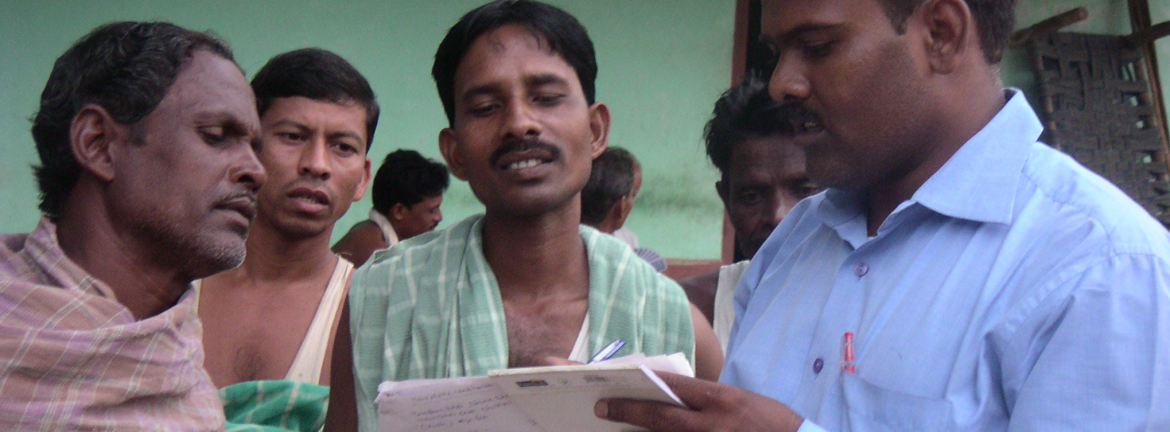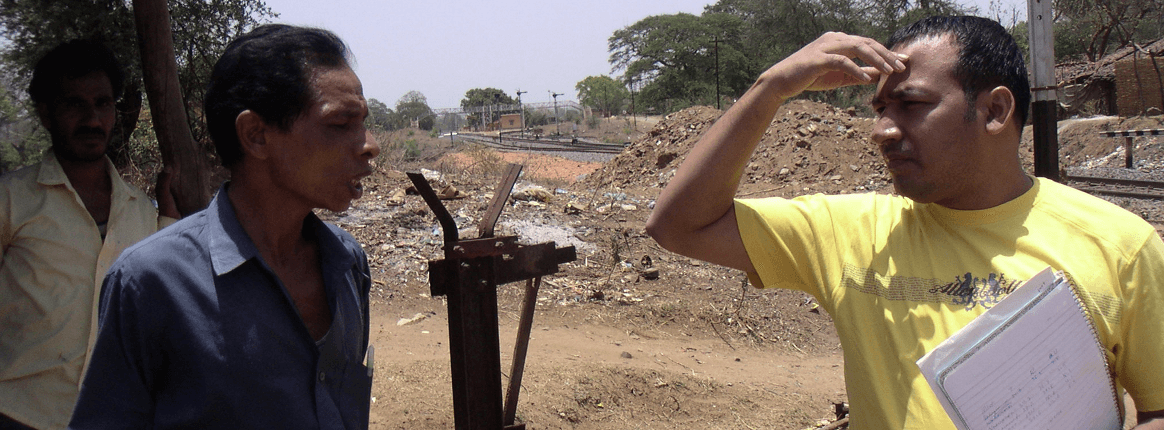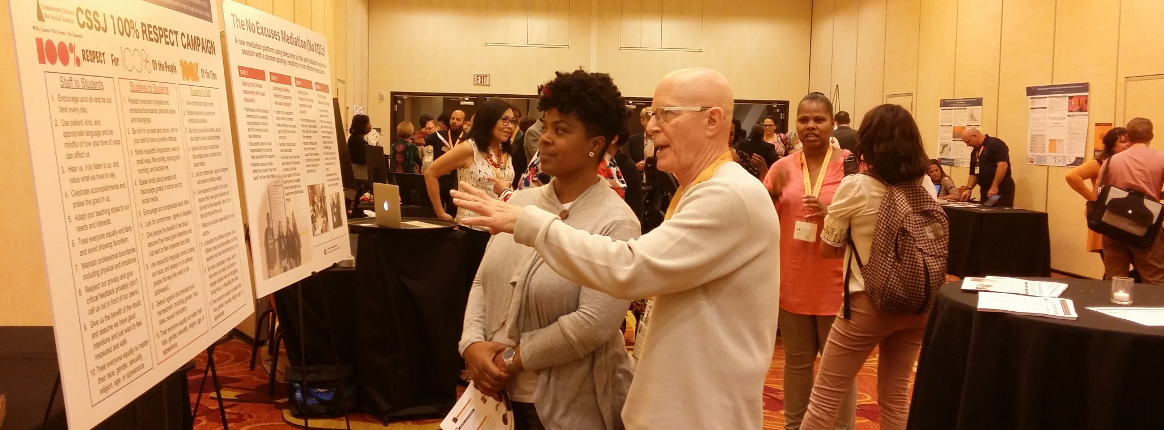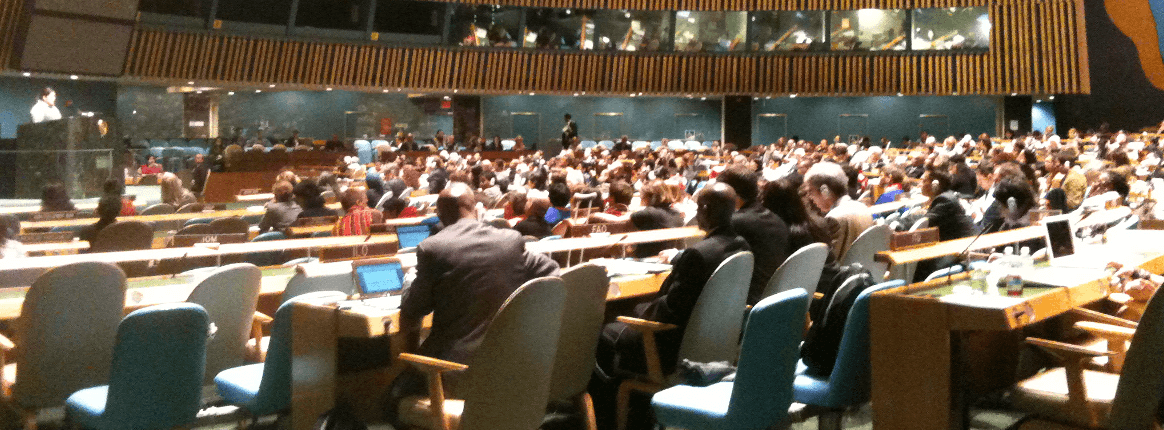CCCS is familiar with international social policy requirements, but our project also needs to comply with country social policy regulations. Can CCCS offer a solution that would comply with both standards?
Absolutely. International social policy is geared towards ensuring that a minimal scope of impact assessment and planning are carried out in order to reduce lenders’ investment risks and to maximize a project’s social rate of return. It is therefore not only possible, but preferable, to start social planning by utilizing country-level policy requirements as a basis for working toward compliance with international standards. CCCS has worked with international lenders to examine the use of country safeguard systems in meeting international social policy standards. We have also advised private sector clients on how best to re-tool social analyses compliant with country-level regulatory frameworks, such as the Indonesian AMDAL, so as to meet international standards.
In which countries do you operate?
CCCS can operate anywhere international firms are welcome. One of our major strengths is our ability to pair our familiarity with global social policy frameworks and good practices with localized expertise. We accomplish this by sourcing senior international specialists for their particular country-based experiences. We also never go into a nation or project without first establishing local partnerships. To see an overview of the particular countries where CCCS has worked as a firm, and where our Associates have extensive experience, please click here.
Does CCCS ever “cut corners” or “make the data fit?”
No. CCCS has built a global reputation for delivering quality work that is conscientiously performed to international standards. We don’t neglect difficult issues that our client needs to know about, nor do we over-promise and under-bid just to land a contract. We also do not manipulate data to tell a story that we feel clients want to hear. Instead, we report our findings objectively and work with our clients to manage for any challenges or “trouble spots” if such are encountered. Our clients tell us that they respect this integrity.
Are your services affordable?
Yes. CCCS’ business model delivers work products of superior quality at competitive prices. We do this through a combination of time-sharing and low overhead. For each project initiative, CCCS pairs top-tier senior social development professionals with capable young professionals—keeping down our rates while extending the time we can dedicate to a given task item. We reduce our overhead costs by coordinating all our project teams in virtual work spaces that our colleagues access from their home offices. We then pass our savings on to you.
My organization wants to explore the possibility of working with CCCS. How do we begin the conversation?
Thanks for the initial vote of confidence. Please click here to contact one of our Regional Coordinators, our Executive Coordinator, or our CEO.
What does it mean to be a CCCS Associate?
Associates are independent experts who are affiliated with CCCS for the purposes of contract bidding and project work. In the event we find a project opportunity that is a suitable match to the skills and experience of one or more of our Associates, we send out a general inquiry about availability and interest, and then enjoin interested Associates to co-develop a project bid, propose scope of work, etc.
Any free-lance professional consultant and those already affiliated with consulting firms but not limited by contractual exclusivity may apply to become CCCS Associates. Associates may also be prospective social development practitioners with previous professional training, such as current Ph.D. candidates or recent graduates. We particularly encourage applications from practicing, independent consultants in the field of international development specializing in Indigenous Peoples’ issues. There are no limits to applicants in terms of country of citizenship, nor of religious or ethnic background, and we are also committed to gender equality of opportunity. To find out more about becoming a CCCS Associate, don’t hesitate to get in touch.
Does CCCS pay a retainer?
CCCS provides no retainer for listing you as our Associate/consultant, nor do we remunerate for contributions to proposal or bid preparation. Payments to Associates are project-specific and on a contractual basis.
Does CCCS accept interns?
Yes. CCCS offers a small number of unpaid internships each year. High-performing interns may be invited to stay on with CCCS as either full-time staff or as Associates. To find out more about the internships CCCS can currently offer, don’t hesitate to get in touch.
What does it mean to be a CCCS Partner Firm?
Partnership with CCCS means that we help each other identify, co-develop and work on social development projects for client organizations. This can take many forms, such as jointly staffing and designing impact assessments and scoping teams, or collaborating on preparing for fieldwork and data gathering. We are open to your suggestions for how a prospective partnership with your organization might look.
We are eager to partner with institutions and companies in developing countries that are practiced at social impact assessments for international financial institutions, national governments, civil society, or private sector industries—especially those groups focusing on Indigenous Peoples and/or other minority communities. We are open to partnering with any organization that can help us make the most of development opportunities—including corporations, NGOs, educational institutions, and civil society organizations. We also encourage applications from firms, NGOs/IPOs, and government agencies with strong in-country expertise with the potential for providing in-kind contributions to CCCS projects.
If you are interested in exploring the possibilities for collaboration between your organization and CCCS, don’t hesitate to get in touch.







